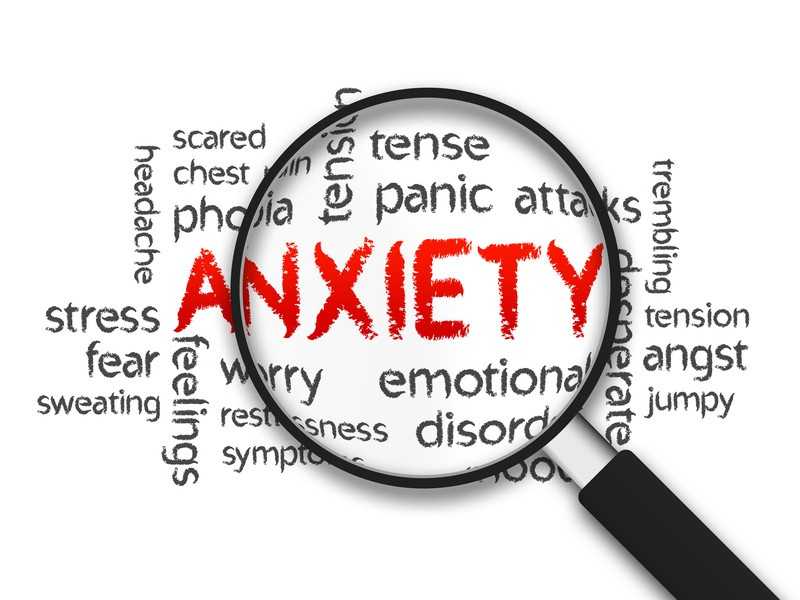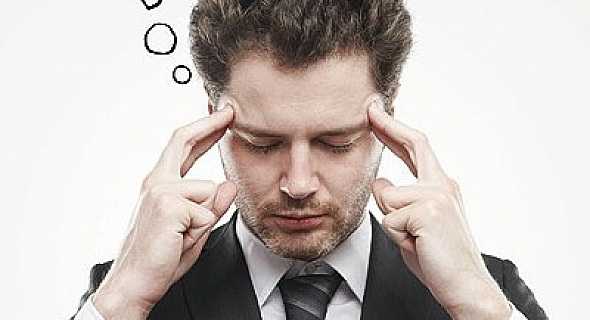Anxiety plays a vital role in how you react to life situations. It can act as an early warning system in various circumstances. But the sad truth is, over 40 million Americans are being affected by anxiety disorders, which is not surprising as numerous concerns and worries are a continuous element of daily life.
Individuals with anxiety disorders tend to see things a lot worse than they really are. They also have a habit of stressing about insignificant things due to cognitive distortions, which are ways of thinking that cause reality to be distorted. Anxiety hinders the fun and joy of life. It interferes with self-perceptions, relationships, income, overall happiness, and work performance. The good news is, anxiety treatment provides a way out of the vicious cycle of anxiety.
One of the most common mental illnesses is an anxiety disorder, and one in four Americans experience this condition at some point in their life. Women usually tend to have more anxiety compared to men, although the reason is not yet determined. There are several types of anxiety disorders, but they all have a major impact on daily functioning, income potential, relationships and overall health and wellness.
Anxiety makes it difficult for you to focus and perform simple tasks at home, school or work. Individuals with anxiety disorders have a tendency to feel they should avoid stressful, unforeseen events. For some individuals suffering from severe anxiety, totally avoidance of going out, experiencing people and places, can become their norm. Some of the physical signs and symptoms of anxiety are trembling hands, a feeling of suffocation, and a rapid heart rate.
There are several factors that can cause anxiety disorders. These may consist of physical health problems, ongoing stress, genetics, a traumatic experience, or family background. Getting a proper diagnosis from a doctor or an anxiety specialist is the first step in anxiety disorder recovery. A therapist that specializes in anxiety disorders can help you learn new tools and strategies through cognitive behavioral therapy to help end the vicious anxiety cycle.



